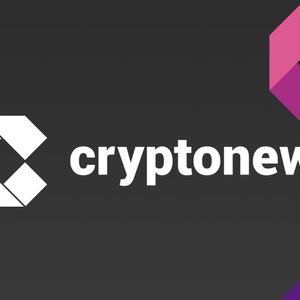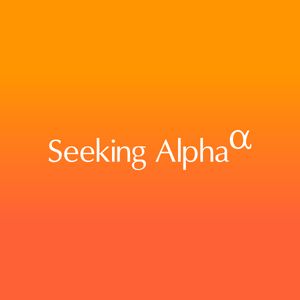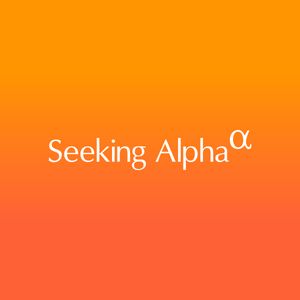Cardano core developer, Input Output Global (IOG) , has received approval to access 96 million ADA—equivalent to around $71 million—from the network’s treasury. The proposal aimed at delivering key upgrades to the blockchain over the next 12 months. It passed with 74% of the vote in favor, totaling 200 votes, while six opposed and seven abstained. The milestone-based funding plan will focus on enhancing scalability, developer tools, and cross-chain interoperability. IOG’s roadmap includes major upgrades such as Hydra, a scaling protocol enabling faster and cheaper transactions, and Project Acropolis, which seeks to redesign the Cardano node architecture for easier onboarding and greater flexibility. Cardano Funding Model Includes Strict Oversight To address community concerns around cost and accountability , IOG will be subject to multiple layers of oversight. Payments will be released based on the completion of development milestones, and the Cardano member-based organization Intersect will act as an independent administrator. Additionally, smart contract-based checks and a dedicated committee will monitor progress. IOG has committed to publishing monthly progress reports, detailed engineering timesheets, and quarterly budget breakdowns. These disclosures aim to increase transparency following community feedback that questioned how the large treasury allocation would be managed. Critics also suggested that the proposal could have been divided into smaller parts, each subject to separate community votes. Vice President of Community and Ecosystem at IOG, Tim Harrison, noted that this marks the first time the Cardano community has directly authorized core development funding—a significant step in decentralized governance. Competing Proposals and Broader Blockchain Upgrades A competing proposal from Cardano’s Technical Steering Committee (TSC) was also under consideration but was ultimately not endorsed by Intersect. Adam Rusch, a board member at Intersect, had earlier stated that the community should be responsible for determining the direction of core development through an open vote. Cardano’s upgrades come amid broader improvements across the blockchain sector. Solana recently expanded its block capacity by 20%, reaching 60 million compute units per block, with further increases planned later this year. Ethereum has also been active, increasing its gas limit to nearly 44.92 million and implementing the Pectra hard fork in May , which improved validator capacity and data throughput. Ethereum’s next upgrade, Fusaka, is set for release by the end of 2025. The post Cardano Approves 96M ADA Treasury Funding for Core Development appeared first on TheCoinrise.com .
















